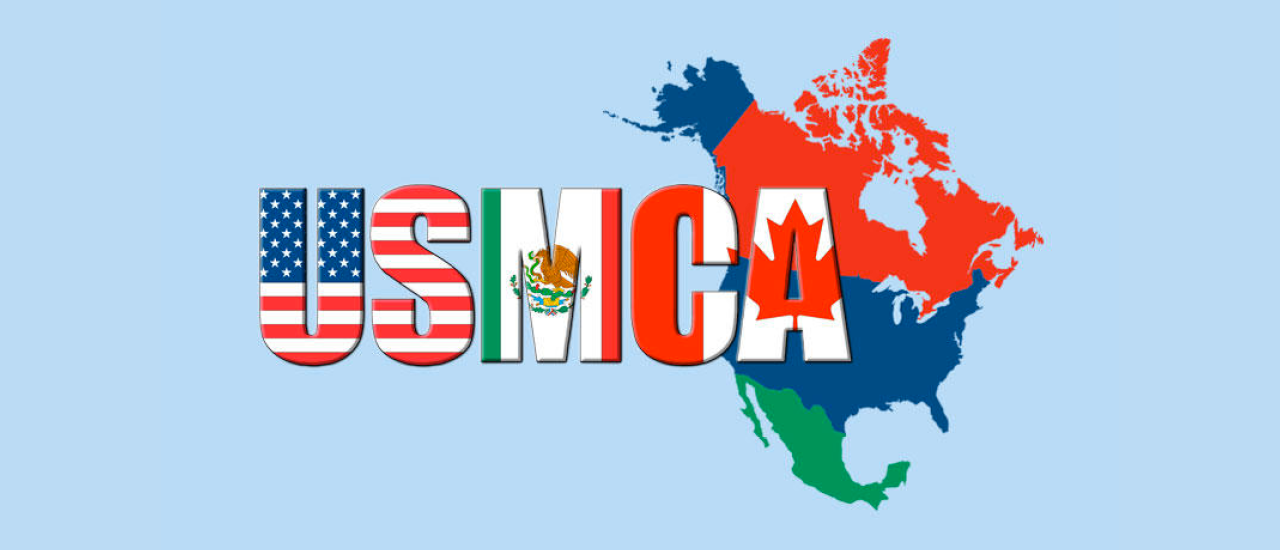USMCA Guidance, Assistance for Small Businesses

The majority of U.S. companies that trade with Canada and Mexico—65%-70%—are small businesses with fewer than 500 employees.
That’s why the new U.S.-Mexico-Canada Agreement, which took effect July 1, is the first trade deal to include a full chapter dedicated to small business interests.
“Supporting and expanding U.S. small business trade with Mexico and Canada is a top priority for me,” Loretta Greene, associate administrator of the U.S. Small Business Administration’s Office of International Trade, recently wrote in the SBA blog.
In 2019, U.S. companies sold $292.6 billion in U.S. goods to Canada and $256.5 billion in U.S. goods to Mexico.
That includes $2.7 billion in sales by Connecticut companies —$1.9 billion to Canada and $832 million to Mexico.
Resources
Greene said the office launched a new international sales resource site to help small businesses understand and use the USMCA.
“Small businesses can explore the agreement, learn about the rules, and identify where to direct questions and find resources through these information sharing platforms,” Greene wrote.
Among the available resources is a new U.S. Customs and Border Protection’ website with contact information for various government resources.
Greene said the SBA views the new agreement as groundbreaking because it specifically addresses small business interests.
“The modernization of trade with Mexico and Canada under USMCA is designed to benefit U.S. small businesses and to ensure more balanced trade,” she said.
Commitments
Greene cited several significant commitments in the agreement including:
- The Small and Medium-Sized Enterprise chapter creates a dialogue to consider small business trade opportunities and challenges across the three countries
- The USMCA Cross-Border Trade in Services chapter enhances market access to U.S. small business across North America without requirements for a foreign office or foreign representative
- The Customs and Trade Facilitation chapter increases certainty by providing for advance rulings commitments with expanded scope and a free, publicly accessible website for advance rulings
- The Customs and Trade chapter also provides procedures to correct errors, decreasing unintended trade costs
- Canada has raised its de minimis level for North American express shipments for the first time in decades, doubling it from $C20 to $C40 for taxes, to support small e-commerce sellers shipping with express services
- Canada will also provide for duty free shipments up to $C150
- Mexico will continue to provide tax free treatment for shipments up to $US50 and will provide duty free treatment for shipments up to US$117
- The Good Regulatory Practices chapter, a first in a U.S. trade agreement, specifically includes provisions encouraging the countries to consider the impact on small businesses when developing and implementing regulations
For more information call the SBA International Trade Ombudsman Hotline at 855.722.4877 or email them your questions.
RELATED
EXPLORE BY CATEGORY
Stay Connected with CBIA News Digests
The latest news and information delivered directly to your inbox.


